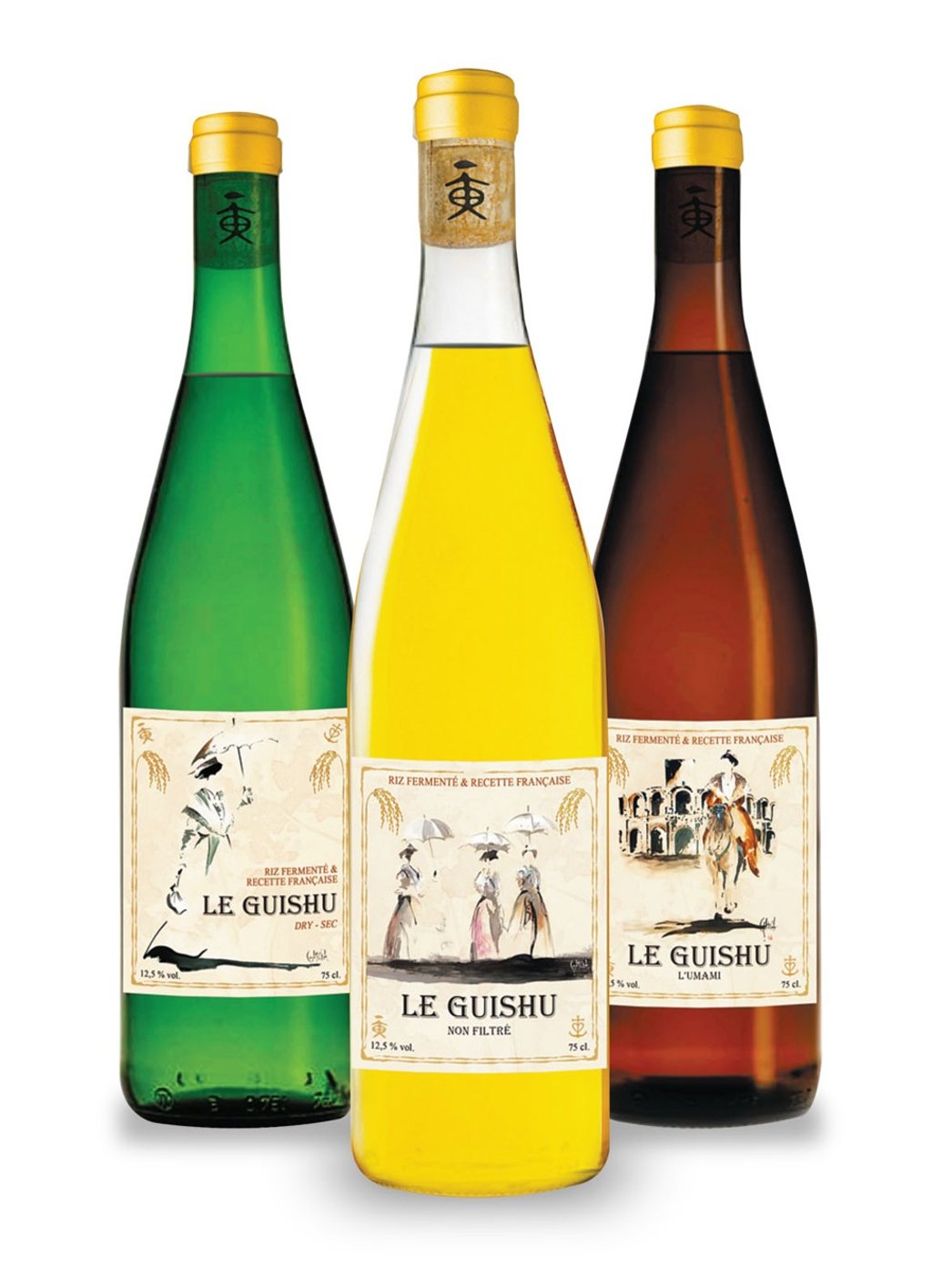How a Bordeaux winemaker adds a French twist to rice wine, even sommeliers approve
Bordeaux’s Le Guishu rice wines have been winning awards and the attention of sommeliers

Olivier Sublett’s family has been producing wines in Saint-Émilion, Bordeaux, since 1822. When he reached retirement, he looked for a new hobby, choosing to make his own version of rice wine. Sublett did this by substituting a combination of red, black and white rice for grapes. He admits that the initial results were “very terrible”.
Sublett is reluctant to give away his secrets, but says his technique is more like European winemaking than brewing sake. The rice is crushed and boiled to break down the starch into sugar. Unlike with sake, however, the rice is not polished because Sublett believes the grain’s outer layers contain much of the flavour.
A special strain of yeast is used to trigger fermentation, which takes place in stainless-steel tanks. Through experimentation, Sublett discovered that oak ageing does not work with rice wine and results in a blue hue.
Sublett’s perseverance has paid off: his wines, branded Le Guishu, have won awards and are stocked in private clubs, hotels and fine-dining restaurants in France and beyond.
Rice cultivation, though small, has a long history in France. The grain was introduced to the country at the end of the 12th century. In 1593, King Henri IV ordered production of rice in Camargue, in the south of the country. Currently in France, there are about 200 rice farmers producing 80,000 tonnes from 15,000 hectares of land.
In terms of style, Le Guishu bears no resemblance to Japanese sake or Chinese yellow wine. Tasted blind, the wines could be mistaken for grape wines. They range in colour from pale lemon to deep amber and their aromas are those of primary and citrus fruit. Alcohol levels are closer to those of grape wines, averaging 12.5 per cent. The acidity is much lower than with grape wines, although it is in balance with sweetness.
